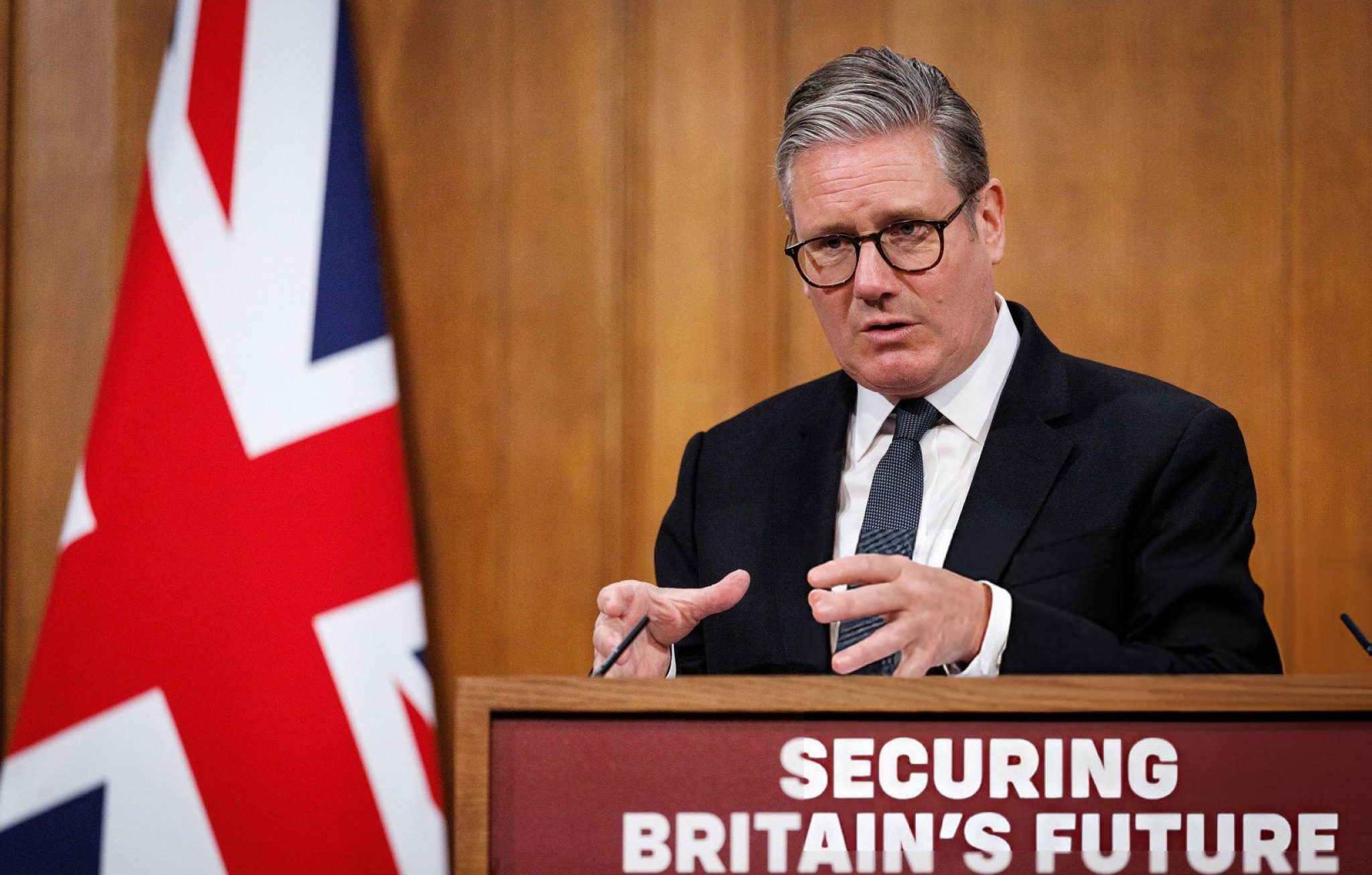UK to demand better english standards and longer residency before citizenship under labour’s new immigration reforms
In a significant overhaul of Britain’s immigration system, Prime Minister Sir Keir Starmer has announced stringent new measures requiring migrants to meet tougher english language standards and to live in the UK for at least a decade before becoming eligible to apply for citizenship. The changes, part of labour’s newly unveiled Immigration white paper, mark a decisive shift in the government’s approach to immigration, promising to close loopholes, reduce exploitation, and prioritise those who make meaningful contributions to british society and the economy.
Speaking at a press conference ahead of the white paper’s publication today, Sir Keir described the reforms as a “clean break from the past”, adding that “living in this country is a privilege that must be earned, not a right”. The Prime Minister stressed that the changes aim to restore public confidence in the immigration system by ensuring it is “controlled, selective and fair”.
Central to the proposals is a doubling of the residency requirement for migrants wishing to apply for settlement or citizenship. Under the current rules, individuals can apply after five years of residency. However, this will now be extended to ten years, except in cases where migrants can demonstrate an exceptional and lasting contribution to british society and the economy. This includes key workers such as doctors, nurses, engineers, and experts in emerging fields like artificial intelligence, who will be eligible for a fast-tracked route to settlement.
In addition, the government will introduce tougher English language requirements across all immigration routes. Migrants applying to live and work in the UK will now have to demonstrate a higher standard of english proficiency. This requirement will, for the first time, also apply to adult dependants, who will need to show a basic command of the language. Sir Keir argued that this would support integration, improve employment prospects, and strengthen community cohesion.
“Immigrants should commit to integration and to learning our language,” the Prime Minister said. “It is about ensuring that everyone who comes here has the tools they need to thrive, contribute, and participate fully in British life.”
The announcement comes against the backdrop of rising immigration figures. In 2024, the number of settlement grants rose to 162,000, a 35% increase on the previous year, while grants of citizenship reached 270,000—up nearly a third. Labour, which campaigned on a promise to tighten the immigration system, is keen to show that it is delivering on its commitments.
Sir Keir said the new measures would apply to all aspects of the immigration system, including routes related to work, family, and study. “Every area will be tightened up so we have more control. Enforcement will be tougher than ever and migration numbers will fall,” he insisted.
The changes will also see the scrapping of automatic settlement rights for those who have lived in the UK for five years, bringing to an end a policy that has been in place for decades. Instead, individuals will need to meet stricter criteria, proving not only a lengthy period of residency but also their economic and social contributions.
Labour officials argue that the new rules will reduce reliance on overseas recruitment by encouraging employers to invest more in domestic talent, while ensuring that those who do migrate are better integrated and more able to support the British economy.
Critics, however, have raised concerns that the tougher language and residency requirements could disproportionately impact vulnerable groups, including refugees and families. Civil society organisations have called on the government to ensure that the system remains humane and continues to uphold Britain’s international obligations.
Nonetheless, Sir Keir defended the reforms as necessary to “fix a broken system” and restore faith among the british public. “These changes will make our immigration system fairer, firmer and focused on our national interest,” he concluded.






